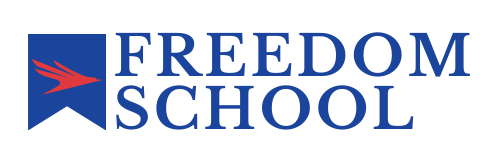The recent passage of House Bill 6 marks a significant milestone for education and childcare centers in the state, heralding a new era of financial support and investment.
As detailed in the legislation, the next two-year state budget has been made to address the pressing needs of the education sector, culminating in a compromise that promises to enhance the quality and accessibility of education for all students.
A notable feature of the budget is the increased funding allocated through the SEEK formula, which is the foundational funding model for K-12 education.
This adjustment sees per pupil funding rise to $4,326 in the first fiscal year and $4,586 in the second, representing a substantial increase of $612 per student over the two years.

This boost in funding is expected to encourage local school districts to offer teacher raises, thereby improving the quality of education and attracting more skilled educators to the profession. The budget addresses the critical area of school transportation, with funding set at 90% for the first year and increasing to 100% in the second year.
This ensures that students have reliable and efficient access to education, removing transportation barriers that might otherwise hinder their academic progress. Childcare centers, too, are set to benefit significantly from the budget, with the inclusion of $62.9 million in investments.
These funds are earmarked for a variety of programs, including the Child Care Assistance Program (CCAP), the Employee Child Care Assistance Partnership, and the introduction of a new program that allows childcare workers to automatically qualify for CCAP.
Additional allocations support a benefits cliff transition program, early childhood development scholarships, and the Innovations in Early Childhood grant program, which aims to foster employer-based childcare services.
With general fund spending in the operating budget set at $14.8 billion for fiscal year 2025 and $15.2 billion for fiscal year 2026, the amended version of House Bill 6 has received broad support, passing the Senate with a vote of 36-1 and the House with a vote of 72-26.
I’m Carys Morales, an advocate and analyst dedicated to exploring how politics and education intersect. My interest in US politics has grown to encompass the effects of political decisions on education. I focus on understanding how legislative and policy changes can enhance our educational systems. By analyzing the impact of political dynamics on educational equity and innovation, especially through the outcomes of elections and policymaking, I aim to uncover and discuss the critical role politics plays in educational reform. Through my writing and contributions to various discussions, I advocate for policies that further learning advancements, believing in the power of informed policy to transform education.

